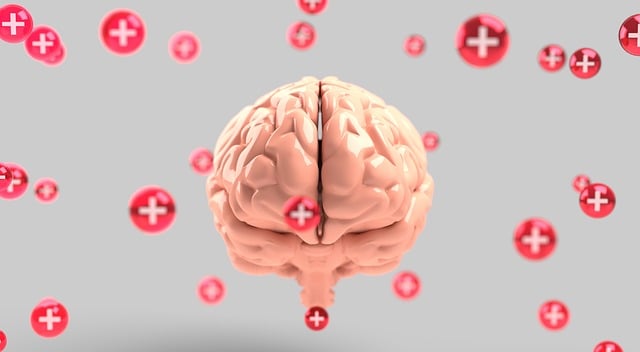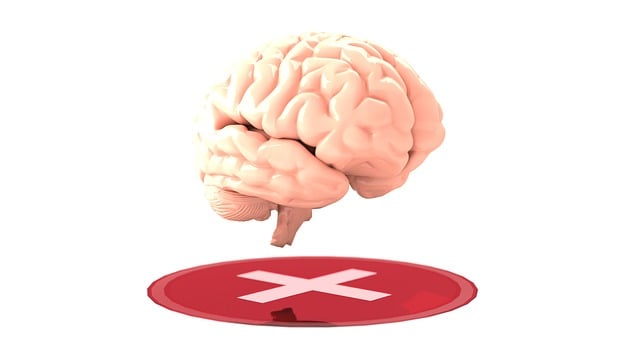TL;DR:
Crisis counseling is a crucial therapy approach for young children, focusing on identifying and addressing potential threats to their well-being through comprehensive mental health evaluations. This strategy enhances awareness of behavioral changes indicating distress and provides tailored trauma support. By teaching emotional regulation skills, problem-solving abilities, and building supportive networks, crisis counseling prevents burnout and promotes resilience in vulnerable populations. A comprehensive harm minimization plan, developed through crisis counseling, protects children by identifying risks, strategic planning, fostering effective coping skills, and regularly updating support systems as they grow.
Risk assessment and harm minimization planning are critical components of ensuring the safety and well-being of young children. This article explores two essential aspects: understanding risk assessment in identifying potential threats and vulnerabilities in young children, and crisis counseling strategies to foster resilience and mitigate harm. Additionally, we provide a comprehensive guide for parents, caregivers, and mental health professionals on developing effective harm minimization plans, emphasizing the importance of therapy for young children’s crisis counseling.
- Understanding Risk Assessment: Identifying Potential Threats and Vulnerabilities in Young Children
- Crisis Counseling for Kids: Strategies to Foster Resilience and Mitigate Harm
- Developing a Comprehensive Harm Minimization Plan: A Guide for Parents, Caregivers, and Mental Health Professionals
Understanding Risk Assessment: Identifying Potential Threats and Vulnerabilities in Young Children

Risk assessment is a crucial process in identifying potential threats and vulnerabilities that may impact young children’s well-being. In the context of therapy for young children, crisis counseling plays a pivotal role in understanding and mitigating risks. By conducting thorough assessments, mental health professionals can uncover underlying issues, such as trauma or social-emotional challenges, which might contribute to a child’s vulnerability. This proactive approach ensures that any potential harm is identified early, allowing for timely intervention and appropriate support services.
Mental health awareness is essential in recognizing these vulnerabilities. Young children, often unable to communicate their experiences effectively, may exhibit signs of distress through behavioral changes or emotional outbursts. Crisis counseling techniques help professionals navigate these complex situations, providing trauma support services tailored to each child’s unique needs. Boosting the child’s confidence and resilience is a key aspect of this process, as it empowers them to cope with future challenges and fosters overall mental well-being.
Crisis Counseling for Kids: Strategies to Foster Resilience and Mitigate Harm

Crisis Counseling for Kids plays a pivotal role in fostering resilience and mitigating harm among young individuals facing various challenges. This approach is particularly crucial for therapy for young children, offering them coping mechanisms to navigate difficult situations. By implementing effective crisis counseling strategies, professionals can help kids develop emotional regulation skills, enhance their problem-solving abilities, and build a supportive network. Such interventions are essential in prevention of burnout, especially among vulnerable populations like children.
Incorporating trauma support services within crisis counseling allows for comprehensive care. Crisis intervention guidance tailored for young minds helps them process traumatic events and promotes healthy psychological development. Through these services, children can learn to express their feelings, understand their emotions, and develop adaptive behaviors. This proactive approach ensures that kids are equipped with the tools necessary to face future crises, fostering resilience and minimizing potential long-term harm.
Developing a Comprehensive Harm Minimization Plan: A Guide for Parents, Caregivers, and Mental Health Professionals

Developing a comprehensive harm minimization plan is an essential step for parents, caregivers, and mental health professionals to ensure the well-being of young children facing crises. This process involves identifying potential risks and triggers specific to each child’s unique circumstances, followed by strategic planning to mitigate these risks. By integrating therapy for young children crisis counseling into their approach, professionals can guide kids towards effective coping skills development, ultimately fostering anxiety relief and enhancing their resilience.
A robust harm minimization strategy should incorporate crisis intervention guidance tailored to the child’s needs. This includes establishing safe spaces where children feel comfortable expressing their emotions, providing accessible resources for stress management, and implementing consistent support systems. Regularly reviewing and updating the plan is crucial as children grow and their environments evolve, ensuring that interventions remain relevant and effective in addressing emerging challenges.
Risk assessment and harm minimization planning are essential components in safeguarding the well-being of young children. By understanding potential threats and vulnerabilities, parents, caregivers, and mental health professionals can implement effective crisis counseling strategies to foster resilience. A comprehensive harm minimization plan, tailored to individual needs, ensures a proactive approach to protect children from harm and provide them with the necessary tools for emotional well-being, especially during challenging times. This includes leveraging therapy for young children, particularly in crisis counseling, to mitigate risks and promote long-term mental health.














